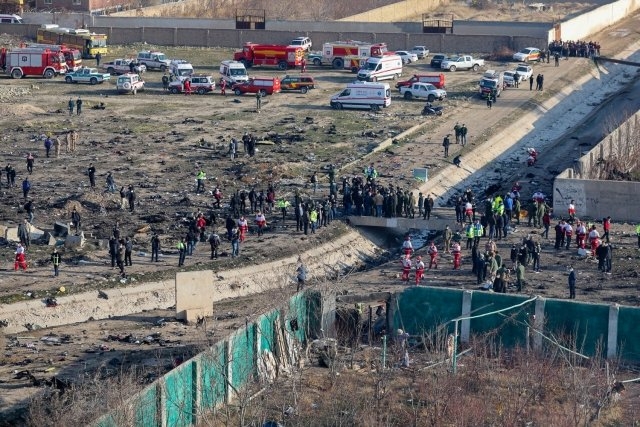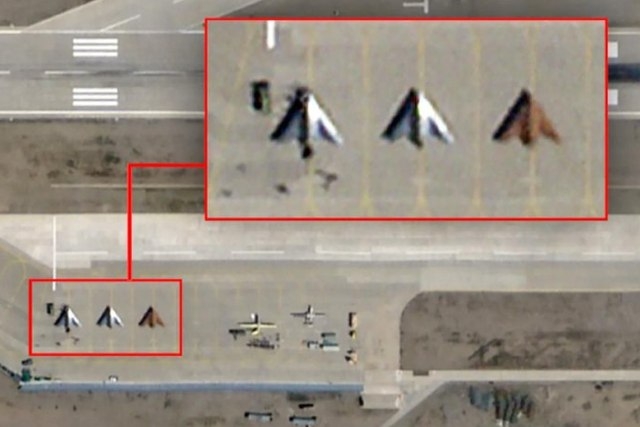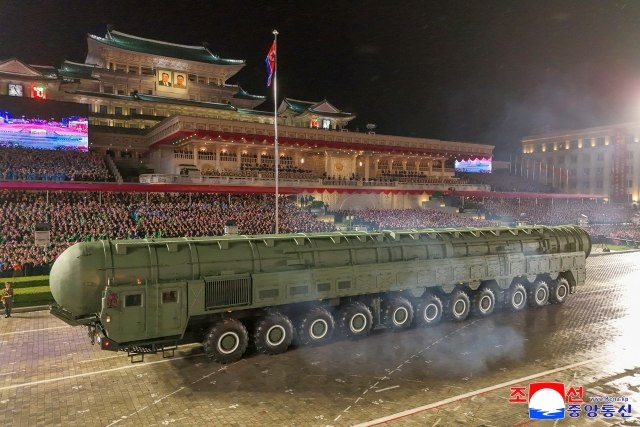Iran Seeks Devices to Decode Black Boxes of Crashed Ukrainian Airliner

Iran has sought to buy devices to decode the black boxes of the Ukranian Airlines Boeing 737-800 that was shot down by a missile on January 8.
A second preliminary report of the crash released by the Iran Civil Aviation Agency (ICAA) said it has requested French and US accident investigation agencies, the BEA and NTSB, respectively, to provide a list of the equipment required to decode the black boxes and to examine the possibility of transferring them to Iran. However, neither organization has “so far responded positively” to the request, adding Iran is considering the purchase of those equipment.
The flight data recorder and the cockpit voice recorder — commonly known as black boxes — feature cutting-edge technology, and Iran lacks the technical facilities to decode them. “If devices are provided, the information (on the black boxes) can be restored and retrieved in a short period of time,” the ICAA said.
Two Tor-M1 missiles were fired at the airliner from the north, the report said, adding how the projectiles contributed to the crash were still under investigation. Ukraine, the US, France, Sweden, the UK and Canada have so far introduced their representatives to be provided with access to crash data, the report concluded.
Ukraine’s team of investigators, under the supervision of an Iranian team, are currently inspecting the plane wreck to assess the impact of any foreign object debris, or FOD.
Shortly after take-off on January 8, the Kiev-bound airplane was contacted by radar controller as the flight information was lost. It had been shot down by Iran accidentally.
The radar data showed the plane was flying at an altitude of 8,100 feet, but the aircraft identification and altitude information later disappeared from the radar screen, and no radio messages were received from the pilot regarding unusual circumstances.
After samples were examined at the crash site, the possibility of laser and electromagnetic (radioactive) rays having hit the aircraft was excluded.









